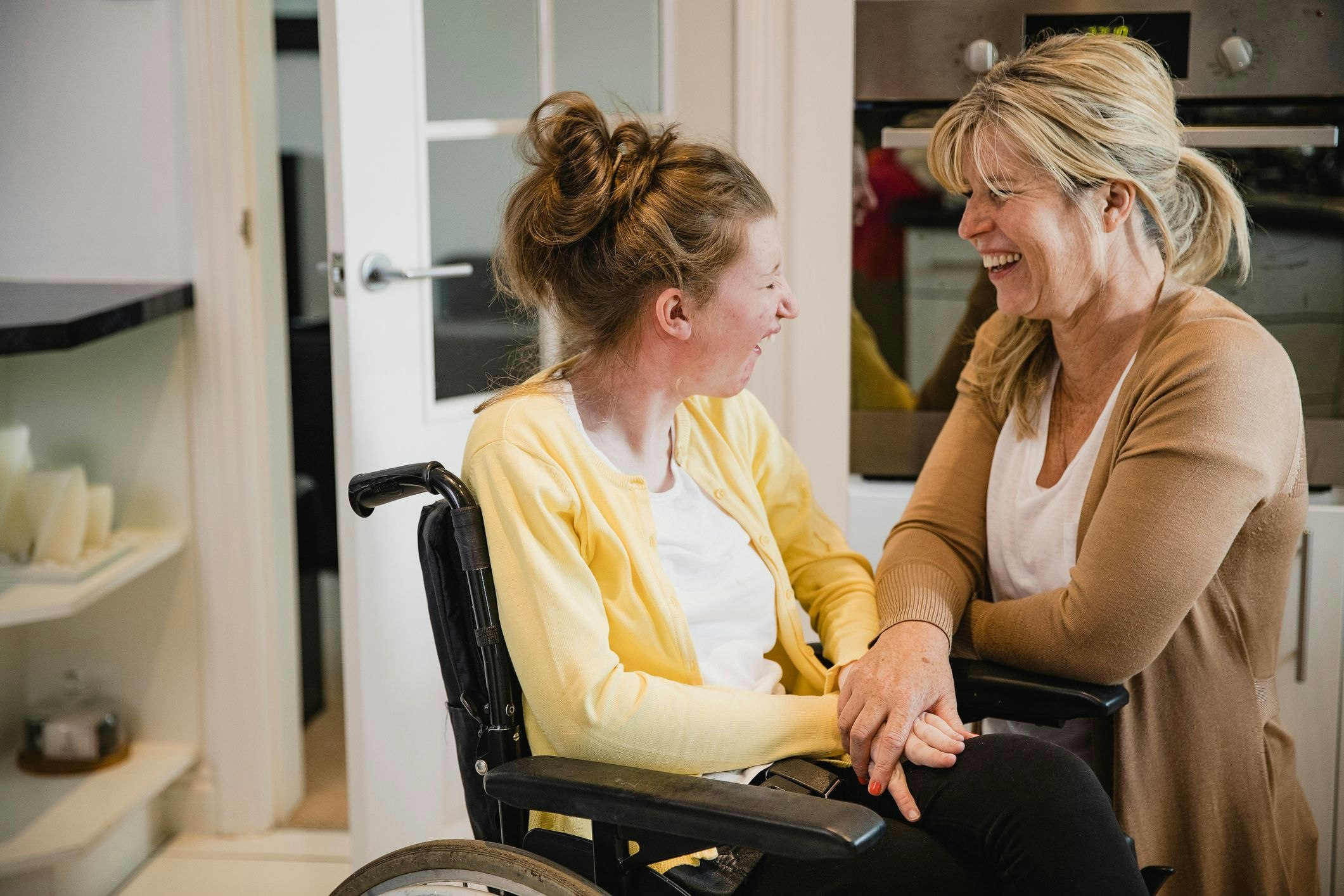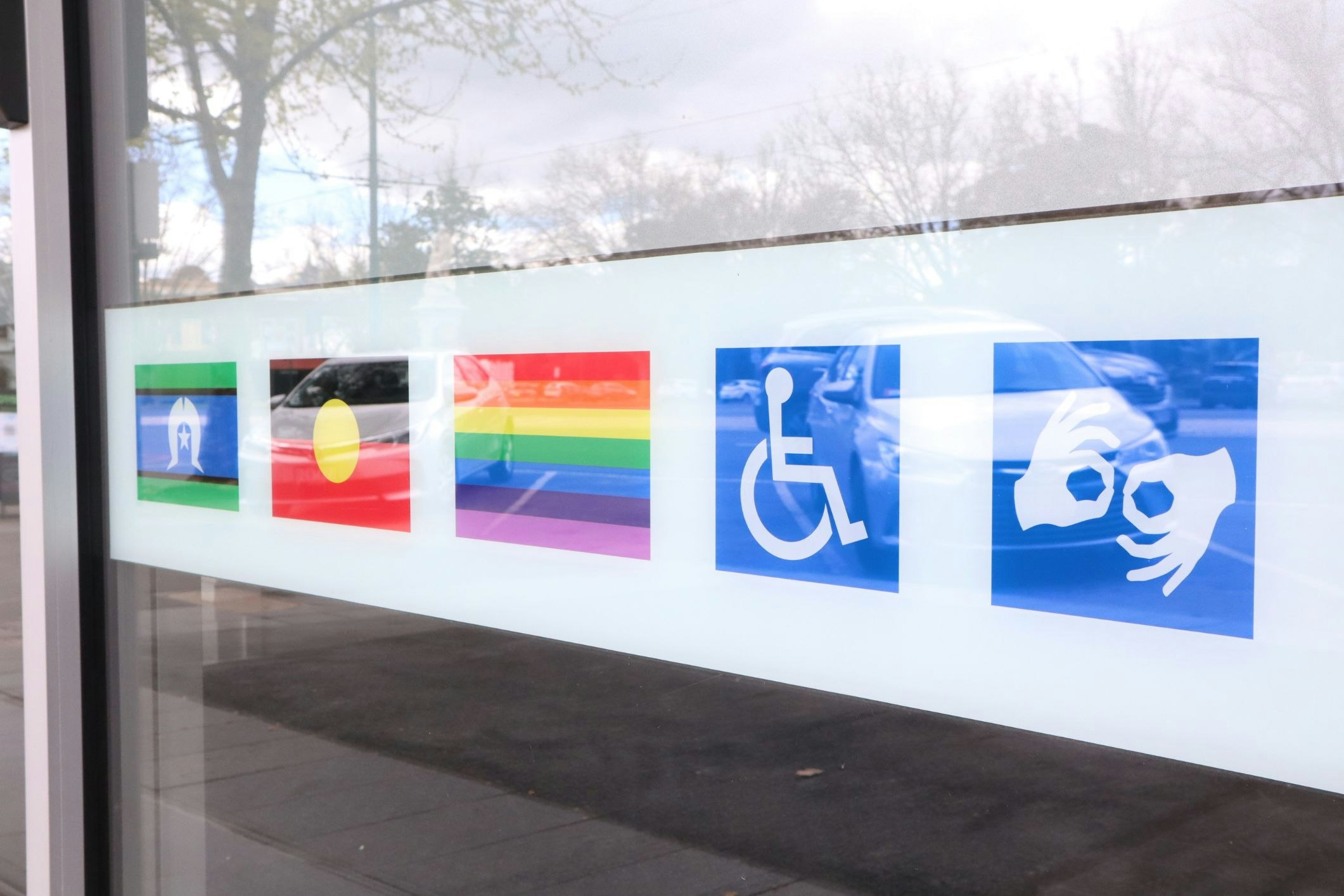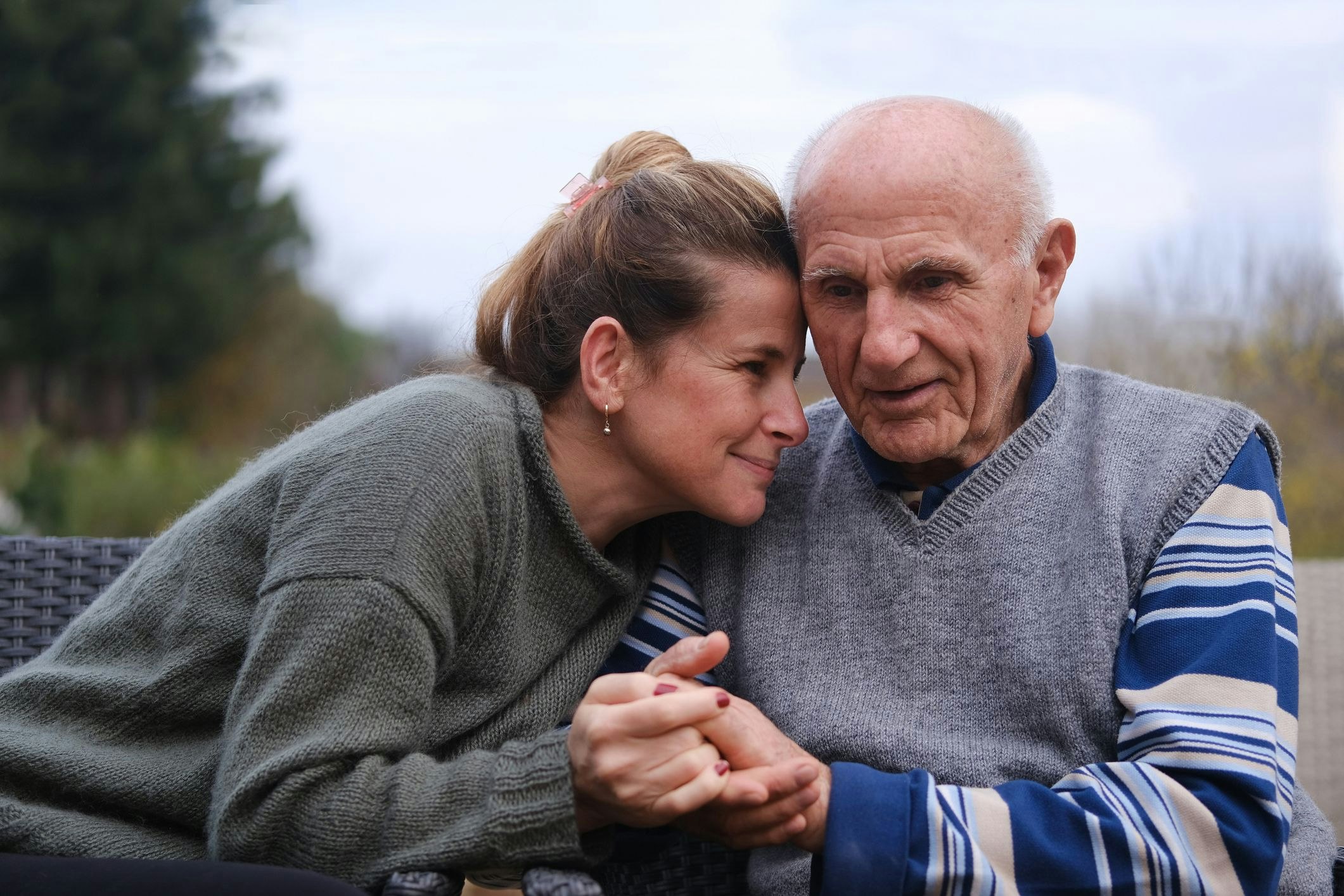NDIS Focus: Empowering Persons with Disabilities Through Supported Living
The National Disability Insurance Scheme (NDIS) has significantly changed how Australians with disabilities receive care and support. A key component of this transformation is Supported Independent Living (SIL), a program designed to empower individuals with disabilities by fostering autonomy, encouraging community participation, and improving their overall quality of life.
Supported Independent Living, under the NDIS, is a funded service aimed at helping individuals with substantial support needs live as independently as possible. This support can be provided in various settings, including shared homes with other individuals or in private residences, with assistance specifically tailored to each person's unique circumstances and requirements. While SIL funding does not cover rent or daily living expenses such as groceries, it does provide for support workers who assist with essential daily tasks. These tasks can include cooking, cleaning, personal care, and medication management, ensuring individuals have the necessary help to manage their daily lives effectively.
At its core, SIL is fundamentally about promoting independence. Rather than relying on institutional care models or continuous family assistance, individuals participating in the SIL program receive structured support that respects their personal preferences and life goals. Participants have the autonomy to choose how their support is delivered and who provides it. This element of personalization is crucial as it helps build confidence and gives individuals greater control over their own lives, fostering a sense of empowerment that is vital for mental and emotional wellbeing.
Living in shared accommodations through SIL also provides valuable opportunities for individuals to form meaningful relationships and engage in social activities. Many people with disabilities often face social isolation, but SIL environments are intentionally designed to encourage interaction and community participation. Shared homes are typically staffed with support workers who facilitate group activities and outings, thereby helping residents develop friendships and become active, integrated members of their communities.
Another critical benefit of Supported Independent Living is its strong focus on skill development. Instead of merely providing passive care, SIL programs often incorporate daily routines and targeted training that enhance essential life skills. Participants might learn to prepare meals, manage personal hygiene independently, handle basic household tasks, and navigate public transport. These acquired skills not only improve day-to-day functioning but also prepare individuals for greater independence in the future, potentially including transitioning to less intensive support arrangements as their capabilities grow.
By supporting individuals in their own homes rather than in more clinical or restrictive environments, SIL significantly contributes to a higher overall quality of life. The ability to make personal decisions, follow individual routines, and live in a comfortable and familiar environment has a profound positive impact on emotional stability and self-worth. Participants often experience marked improvements in confidence, autonomy, and general happiness when they reside in a setting that actively supports their lifestyle choices and personal goals.
NDIS SIL providers play an indispensable role in the success of the program. Quality providers work in close collaboration with participants and their families to design comprehensive support plans that meticulously align with individual aspirations and specific needs. Families, in turn, are often relieved and reassured to see their loved ones living more fulfilled, independent lives while knowing that appropriate and reliable support is consistently in place. Open and ongoing communication between providers, families, and participants is essential to ensure that the care provided is adaptive, respectful, and consistently effective.
In conclusion, NDIS Supported Independent Living is more than just a support service; it is a powerful and transformative tool that enables individuals with disabilities to live with dignity, choice, and genuine independence. By consistently focusing on personalised support, robust skill development, and meaningful community integration, SIL opens doors to new possibilities and profoundly transforms lives for the better. As the NDIS continues to evolve, Supported Independent Living will undoubtedly remain a cornerstone in the ongoing mission to create a more inclusive and empowering society for all Australians with disabilities.
You may also like...
Diddy's Legal Troubles & Racketeering Trial

Music mogul Sean 'Diddy' Combs was acquitted of sex trafficking and racketeering charges but convicted on transportation...
Thomas Partey Faces Rape & Sexual Assault Charges

Former Arsenal midfielder Thomas Partey has been formally charged with multiple counts of rape and sexual assault by UK ...
Nigeria Universities Changes Admission Policies

JAMB has clarified its admission policies, rectifying a student's status, reiterating the necessity of its Central Admis...
Ghana's Economic Reforms & Gold Sector Initiatives

Ghana is undertaking a comprehensive economic overhaul with President John Dramani Mahama's 24-Hour Economy and Accelera...
WAFCON 2024 African Women's Football Tournament

The 2024 Women's Africa Cup of Nations opened with thrilling matches, seeing Nigeria's Super Falcons secure a dominant 3...
Emergence & Dynamics of Nigeria's ADC Coalition

A new opposition coalition, led by the African Democratic Congress (ADC), is emerging to challenge President Bola Ahmed ...
Demise of Olubadan of Ibadanland
Oba Owolabi Olakulehin, the 43rd Olubadan of Ibadanland, has died at 90, concluding a life of distinguished service in t...
Death of Nigerian Goalkeeping Legend Peter Rufai

Nigerian football mourns the death of legendary Super Eagles goalkeeper Peter Rufai, who passed away at 61. Known as 'Do...




